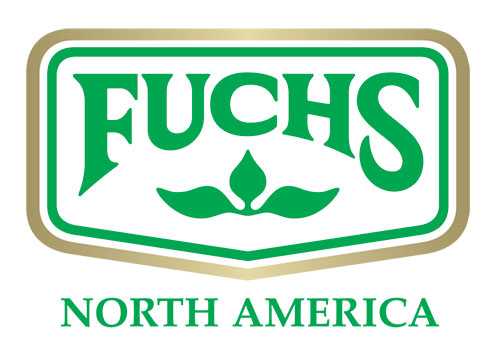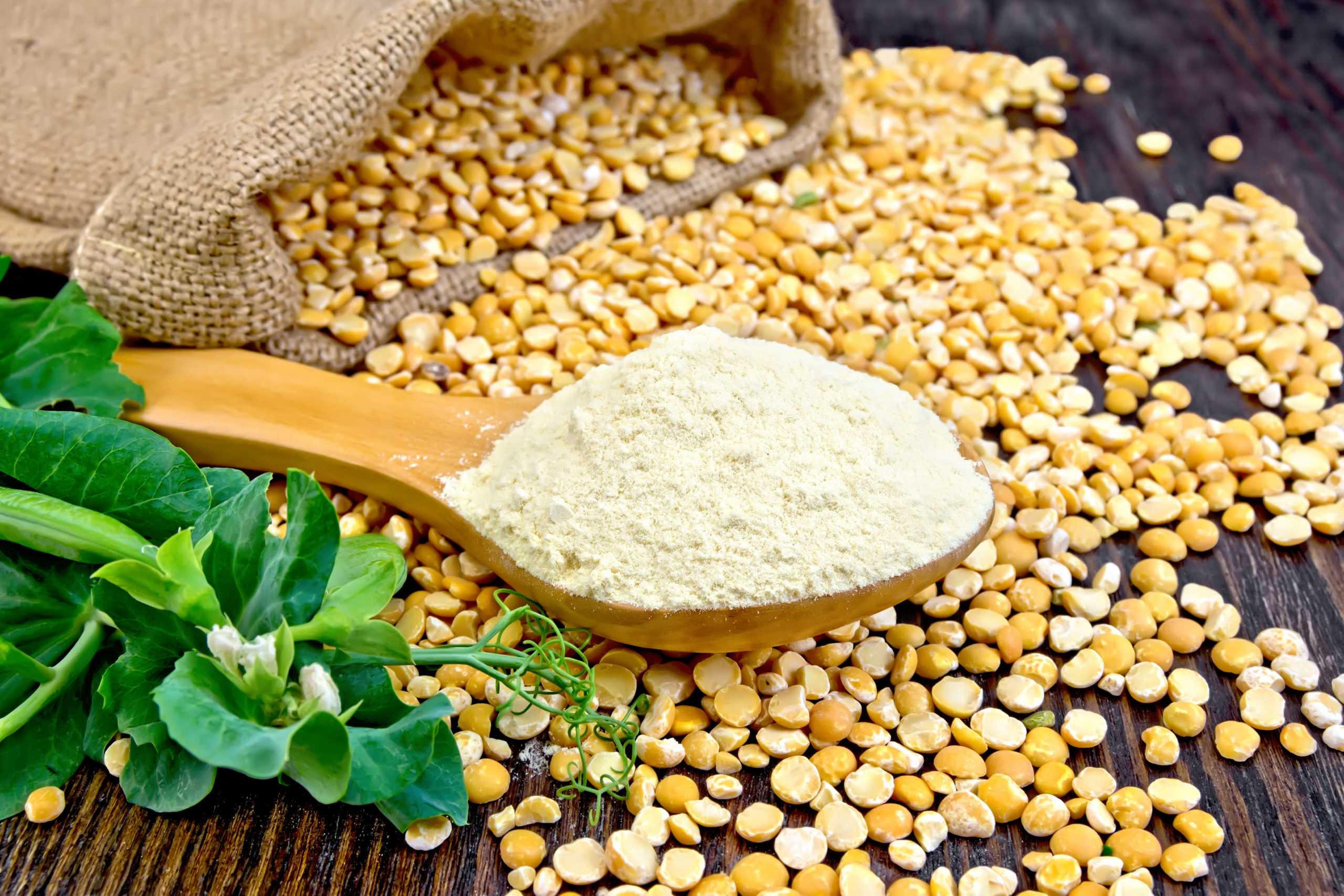Kylie Redman is currently a marketing intern at Fuchs North America, wrapping up her senior year at Gerstell Academy in Maryland. She has plans to study business and play lacrosse at Jacksonville University. Through her internship at Fuchs, Kylie has gained insight into the latest food and flavor trends. In this blog, she offers a look at one of the most prolific trends right now: the plant-based protein trend.
You may have seen plant-based products pop up when scrolling through your social media feed. Well, why are plant-based products, and specifically plant-based protein, becoming a trend? As many more consumers begin to seek out healthy protein options and become aware of the impact meat consumption has on the environment, they most likely turn to plant-based protein.

Some of the best plant-based proteins include tofu (soybean curds), edamame beans (immature soybeans, tempeh (mature soybeans), seitan, lentils, chickpeas, nuts, beans, hemp seeds, green/yellow peas, spirulina, quinoa, Ezekiel bread, chia seeds, protein rich vegetables, and mycoprotein.

The reason restaurants are utilizing more and more soybean protein and pea protein is because they both are multi-functional, can be integrated into so many different types of food, keep you full, help build muscle mass, are good for heart health, and have numerous other health/nutritional benefits. Because plant-based protein is still continuing to rise, people don’t know of the diversity and endless possibilities of plant-based protein.
As an intern at Fuchs, I have had the privilege to work on and do research for the Vegan Restaurant Tour Project. For this project, I have had to find the best vegan/plant-based restaurants located in the Baltimore and Washington D.C. Metro Areas. While doing so, I have learned so much about the plant-based world and the tremendous growth of the use of plant-based proteins by restaurants throughout the world. I have also learned that there are still so many possibilities and opportunities for the growth of plant-based protein!
Explore plant-based possibilities with us! Contact us today to work with our R&D experts on innovating to create craveable plant-based products.



 For more information about Fuchs North America's products and programs that support food manufacturers in their product development needs, please
For more information about Fuchs North America's products and programs that support food manufacturers in their product development needs, please